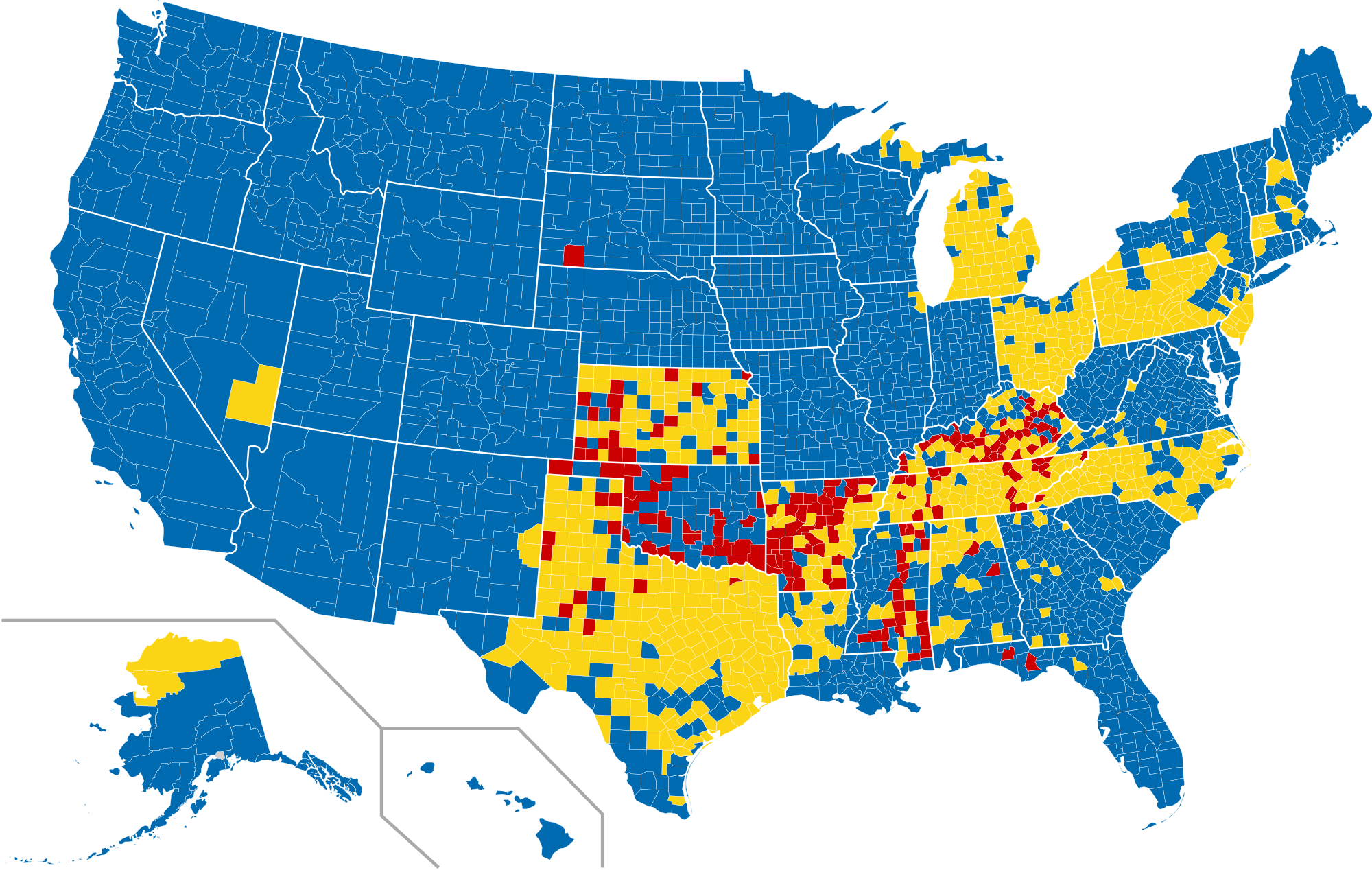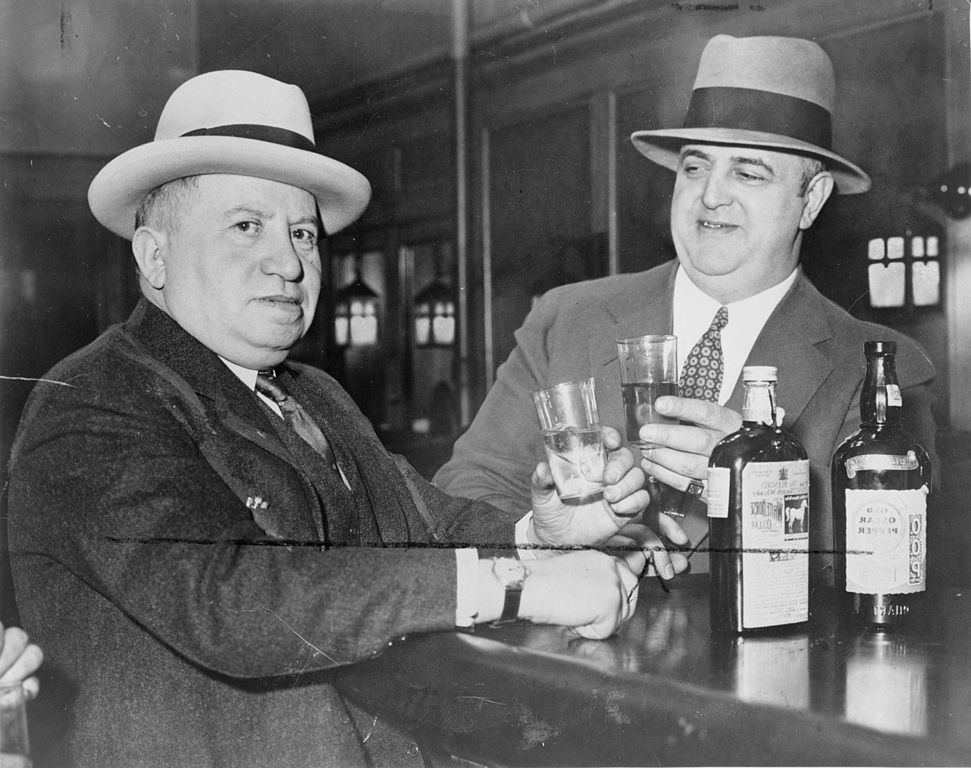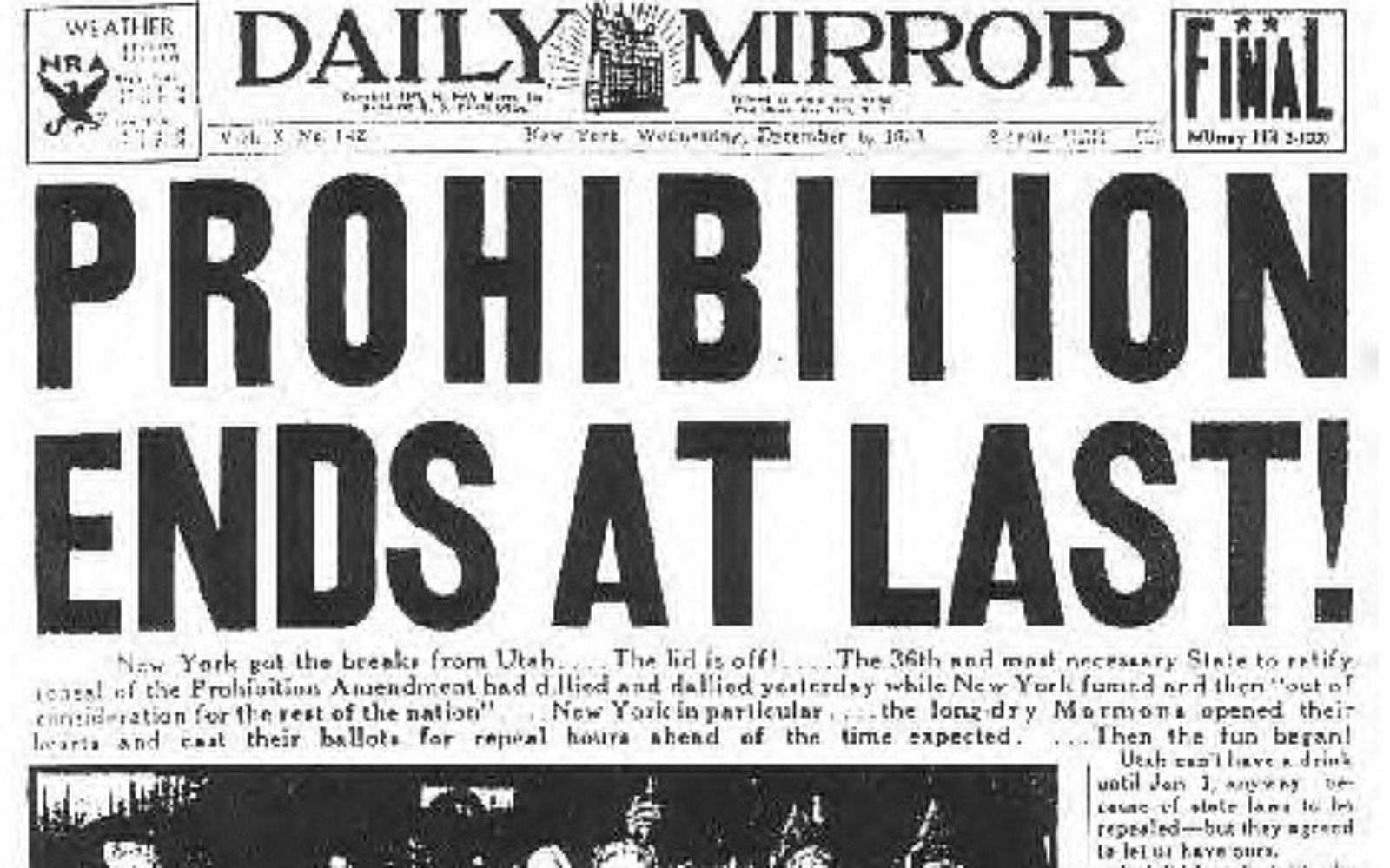How Banning Alcohol Affects Drug Use

By:
The prohibition of alcohol didn't work at the federal level back when lawmakers tried to ban booze in the 1920s, and it doesn't seem to be working as planned at the local level either. "Dry" counties in the U.S., where alcohol sales are restricted, have bigger meth problems than counties where liquor flows freely.
A new report from the University of Louisville compared data from "dry," "moist," and "wet" counties throughout the state of Kentucky and found that there were higher rates of meth-related crimes, including meth lab busts, in regions that prohibit alcohol sales.
Here's a map of dry counties (red), moist counties (yellow), and wet counties (blue) in the U.S.
 Wikimedia - wikimedia.org
Wikimedia - wikimedia.org
In contrast to "wet" counties, where there are no restrictions, dry counties experienced "roughly two additional meth lab seizures annually per 100,000 population," the researchers noted. "This suggests that, if all counties were to become wet, the total number of meth lab seizures in Kentucky would decline by about 25 percent."
Earlier studies have also noted the correlation between alcohol prohibition and increased illicit drug use, as the Washington Post reported. A 2005 study in the Journal of Law and Economics observed that the number of drug-related deaths in Texas decreased by 14 percent after counties in the state switched from dry to wet, for example.
In effect, banning booze can have unintended consequences—something we probably should have learned during the Prohibition era. When people can't buy alcohol legally, they often turn to the black market, and since there is plenty of illicit substances to choose from there, some opt for drugs such as meth.
 Wikimedia - wikimedia.org
Wikimedia - wikimedia.org
Because if you're going to be purchasing an illegal intoxicant, you're already putting yourself at risk of punishment. Prohibition effectively lowers the punishment gradient, making it seem just as risky to buy alcohol as it is to buy meth or heroin and encouraging more people to shop around. And that's a message that opponents to marijuana legalization need to hear.
"Colorado and other states experimenting with legalization are generally giving counties and municipalities the option to allow or prohibit marijuana sales within their own borders," the Washington Post reported. "While there's a case that's a sensible approach, the lessons of county-level alcohol bans suggest that in the long run, local governments that ban marijuana sales may simply be inviting a more insidious set of problems."
 NORML - norml.org
NORML - norml.org
